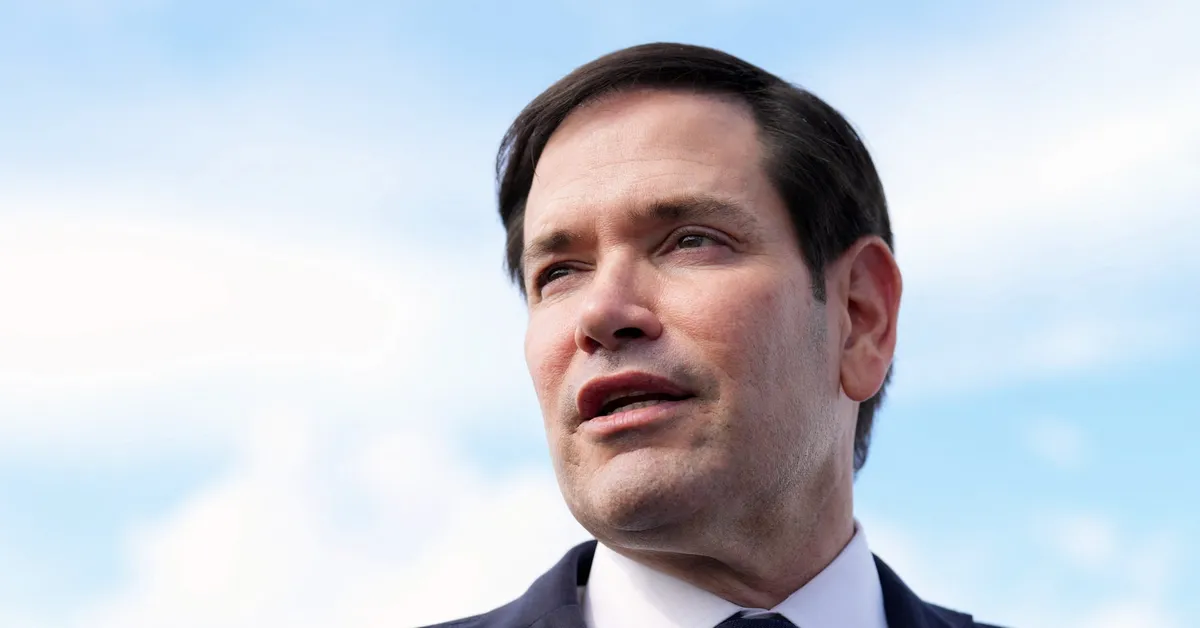
On September 11, 2023, in a significant development in international relations, U.S. Secretary of State Marco Rubio addressed the situation surrounding former Brazilian President Jair Bolsonaro. Following Bolsonaro's conviction for plotting a coup to maintain power after losing the 2022 election, Rubio stated that the United States would respond appropriately, although he refrained from detailing the specific measures that might be taken.
In his statement posted on X, Rubio criticized the actions of Alexandre de Moraes, a sanctioned human rights abuser and a member of Brazil's Supreme Court. Rubio accused Moraes and others of unjustly imprisoning Bolsonaro, referring to the proceedings as a "witch hunt." This characterization underscores the ongoing tensions between the U.S. and Brazil regarding human rights and judicial integrity.
In response to Rubio's remarks, Brazil's Foreign Ministry condemned the comments as a threat to Brazilian sovereignty. The ministry emphasized that Brazilian democracy would not be intimidated by external pressures, reaffirming its commitment to uphold the rule of law and democratic principles. This exchange highlights the complex diplomatic relationship between the two nations.
Jair Bolsonaro made history by becoming the first former president of Brazil to be convicted for actions undermining democracy. On September 11, a majority of five justices on Brazil's Supreme Court voted to convict him, leading to a sentence of 27 years and three months in prison. This landmark ruling is seen as a pivotal moment in Brazilian politics, raising questions about accountability for elected officials.
Former U.S. President Donald Trump, who maintained close ties with Bolsonaro during his presidency, expressed surprise at the conviction. When asked about the outcome of the trial, Trump stated, "I thought he was a good president of Brazil," and drew parallels to his own legal challenges. Trump's remarks reflect a broader concern among some U.S. politicians regarding the implications of Bolsonaro's conviction for democratic governance.
In July 2023, Trump took a bold step by imposing a 50% tariff on numerous Brazilian goods, framing it as a response to what he termed a "witch hunt" against Bolsonaro. However, he later exempted certain Brazilian exports, including passenger vehicles and essential components for civil aircraft. This economic maneuvering underscores the potential for trade tensions between the U.S. and Brazil, influenced by political events.
Additionally, the U.S. Treasury Department sanctioned Justice Alexandre de Moraes, who presided over Bolsonaro's trial. The sanctions were based on allegations of him authorizing arbitrary pre-trial detentions and suppressing freedom of expression. This action reflects ongoing concerns about judicial independence in Brazil and the implications for U.S.-Brazil relations.
The conviction of Jair Bolsonaro has sparked a heated discourse about democracy, justice, and international relations. As the United States prepares to respond to the developments in Brazil, the situation remains fluid and complex, with potential ramifications for both nations' political and economic landscapes.